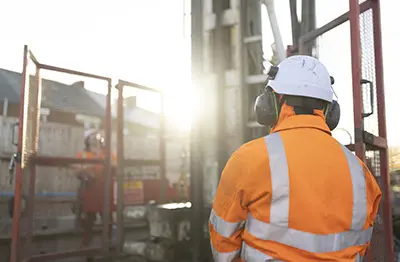

Dewatering
Design and installation of boreholes to lower groundwater levels for construction or mining projects.
About
Reducing Groundwater
Dewatering is a critical process in construction, mining, and infrastructure projects where excess groundwater must be controlled to ensure safe and stable working conditions. Without effective dewatering, excavation sites can flood, soil can become unstable, and structural integrity can be compromised.
At Igne, we are experts in designing and implementing dewatering solutions to suit the specific needs of each project, ensuring efficiency, safety, and environmental compliance.
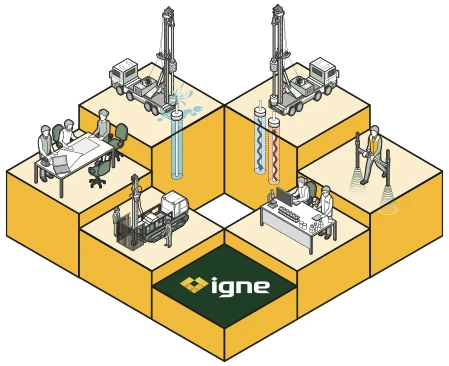
Explainer
What is Dewatering?
Dewatering is the process of removing groundwater or surface water from a construction site, excavation, or other area to create dry and stable working conditions. It is commonly required for deep excavations, tunnel construction, mining operations, and foundation work in areas with high water tables or waterlogged soils.
The process helps prevent water ingress, soil instability, and excessive hydrostatic pressure, which can all pose risks to construction and engineering projects.
The Process
How is Dewatering Done?
There are several methods used to remove water from construction and excavation sites, including:
- Wellpoint Systems. A series of shallow wells connected to a vacuum pump draws water out of the ground, lowering the water table and keeping the site dry
- Deep Well Dewatering. Used for deeper excavations, this method involves drilling deep wells and using submersible pumps to remove groundwater
- Eductor Systems. A high-pressure water system that creates a vacuum to draw groundwater to the surface, ideal for sites with low-permeability soils
- Sump Pumping. A simple and cost-effective method where water collects in low points and is pumped away, commonly used for shallow excavations
Igne provides expert dewatering solutions, selecting the most effective method based on site conditions, project requirements, and environmental considerations.
The Reason
What’s the Point of Dewatering?
Dewatering is essential for many construction and engineering projects because it:
- Prevents excavation sites from flooding, ensuring safe working conditions
- Reduces soil instability, preventing foundation failures and structural movement
- Allows for efficient and uninterrupted construction, avoiding costly delays
- Minimises hydrostatic pressure, which can damage underground structures
- Controls contamination by directing water flow away from sensitive areas
Effective dewatering ensures that projects remain on schedule, within budget, and compliant with environmental regulations
Weighing it up
Pros & Cons of Dewatering
Advantages
- Improves site safety by reducing water-related hazards
- Enhances soil stability, making excavation and foundation work more reliable
- Prevents waterlogging, allowing construction to proceed efficiently
- Reduces the risk of equipment damage caused by excessive groundwater
Challenges
- Requires careful planning to avoid excessive groundwater depletion
- May have environmental impacts if not properly managed
- Can be costly if the wrong method is chosen for site conditions
At Igne, we assess all project factors to implement the most effective and sustainable dewatering strategies.
Minimising risks
Risks Associated with Dewatering
Dewatering, if not properly managed, can lead to several risks, including:
- Ground Settlement. Lowering the water table can cause subsidence, leading to structural damage
- Water Contamination. Improper disposal of dewatering effluent can introduce pollutants into nearby water bodies
- Regulatory Non-Compliance. Dewatering activities must adhere to environmental regulations, including permits and water discharge controls
Igne ensures that all dewatering projects are planned and executed with strict adherence to safety and environmental standards, minimising risks and ensuring compliance.
Rising to the challenges
What Equipment is Needed & What are the Challenges of Dewatering?
Dewatering requires specialised equipment tailored to site conditions and project requirements. Essential equipment includes:
- High-capacity pumps for removing groundwater efficiently
- Wellpoint systems and deep well pumps for controlled dewatering
- Settling tanks and filtration units for water treatment and discharge compliance
- Monitoring instruments to measure groundwater levels and flow rates
Key challenges include maintaining pumping efficiency, managing water disposal, and ensuring that dewatering does not negatively impact surrounding structures or ecosystems. Igne’s expert teams anticipate and overcome these challenges with precision planning and industry-leading technology.
FAQ
Frequently Asked Questions About Dewatering
- What is the best method for dewatering a construction site?
The best method depends on site conditions, soil permeability, and project depth. Wellpoint systems, deep well pumping, and sump pumping are commonly used.
- How long does dewatering take?
The duration varies depending on groundwater levels, soil type, and the scale of the excavation. Some projects require continuous dewatering throughout construction.
- Is dewatering environmentally friendly?
Dewatering must be managed carefully to prevent excessive groundwater depletion and contamination. Igne ensures compliance with environmental regulations and best practices.
- Can dewatering cause structural damage?
If not properly controlled, dewatering can lead to ground settlement and subsidence, potentially affecting nearby buildings. Expert planning and monitoring mitigate these risks.
- What happens if dewatering is not done properly?
Improper dewatering can lead to flooding, unstable soil, project delays, and regulatory fines. Professional dewatering services ensure efficiency and compliance.
The Next Step
Need Expert Dewatering Services? Contact Igne Today
Dewatering is a critical part of many construction and engineering projects, requiring expert planning and execution to avoid risks and maximise efficiency. At Igne, we provide tailored dewatering solutions to keep your site dry, stable, and compliant with all regulations.
If you need professional dewatering services, get in touch with Igne today. Our team is ready to assess your project and deliver the best dewatering strategy for your needs.

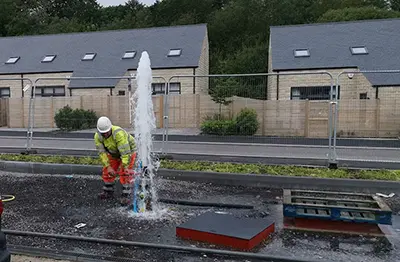
Artesian Boreholes
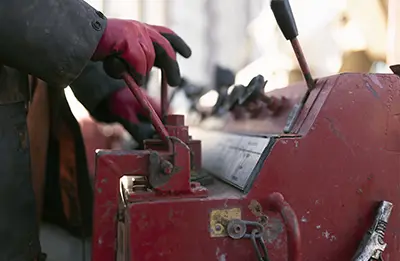
Angle Boreholes
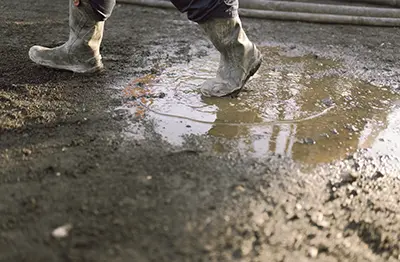
Drilling with Mud
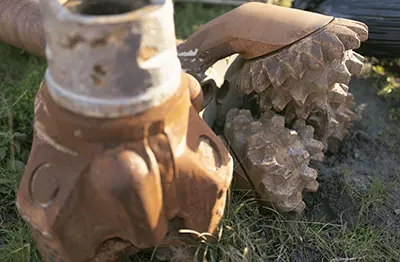
Large Diameter Boreholes
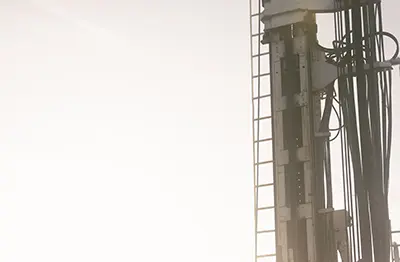
Deep Boreholes
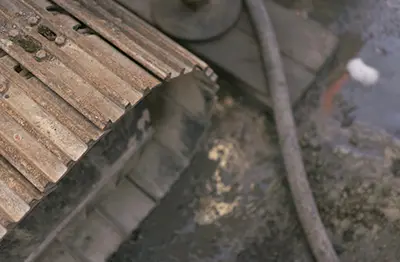
Acidisation
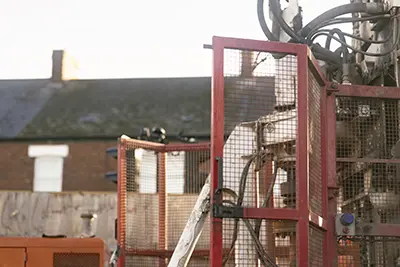
Hydrofracturing

Dewatering

Monitoring Boreholes

Vibrating Wire Piezos

Fibre Optics

Seismic Monitoring

Deep Wireline Coring

Gas Control

Deep Soakaways

Decommissioning

Specialist Plant & In Hole Equipment Hire

